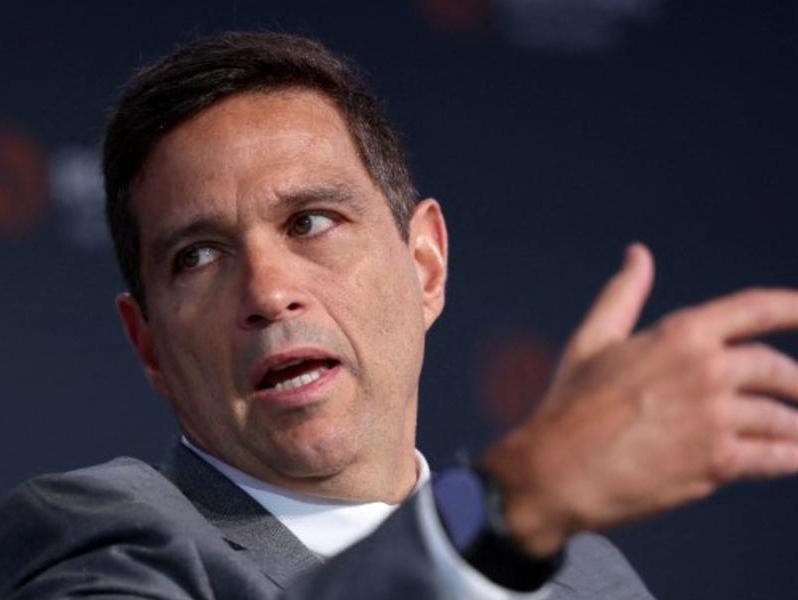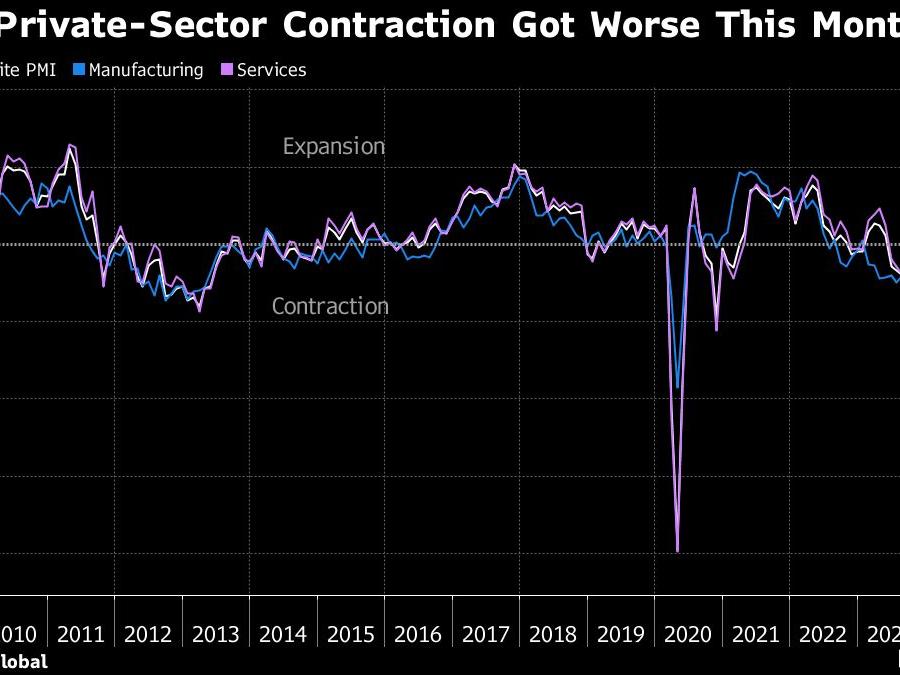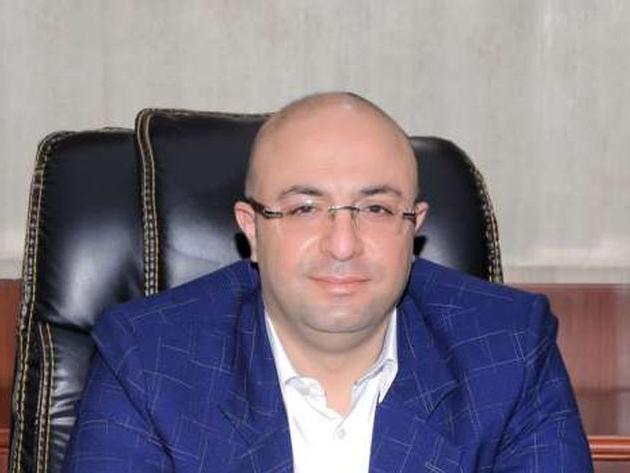Brazil’s financial markets are experiencing turbulence as the US dollar surged to R$ 5.70 on Tuesday, its highest level since January 5, 2022. This sharp increase comes in the wake of President Luiz Inácio Lula da Silva’s criticism of the Central Bank and its president, Roberto Campos Neto.Lula accused the Central Bank of serving the financial system rather than the state, and claimed that Campos Neto has an ‘ideological bias’. These comments have intensified market tensions and contributed to the real’s decline.In response, Campos Neto defended the bank’s independence, emphasizing the importance of keeping monetary policy decisions separate from political considerations. He stated, ‘As Central Bank, we have to stay out of the political arena and try to follow technical work’.The situation has raised concerns about inflation in Brazil. Some economists warn that if the dollar remains above R$ 5.50, the IPCA (Brazil’s inflation index) may exceed the target of 4.50%. Eduardo Velho, chief economist at JF Trust Gestora de Recursos, has increased his forecast for the IPCA this year from 4.27% to 4.41%.Finance Minister Fernando Haddad attributed the high dollar to speculation and emphasized the need for better communication of the country’s economic results. Economists suggest that to calm the situation, the government needs to change its discourse on fiscal issues and tone down criticism of the Central Bank.Meanwhile, on the global stage, Federal Reserve Chairman Jerome Powell stated that the US inflation rate is not expected to reach the 2% target this year or next, but it may be possible by the end of 2025. This international context adds another layer of complexity to Brazil’s economic challenges.
Key points
- The US dollar has risen to R$ 5.
- Central Bank President Roberto Campos Neto defends the bank’s independence and emphasizes the importance of keeping monetary policy decisions separate from politics.
- Economists warn that if the dollar remains high, Brazil’s inflation may exceed the target, potentially requiring policy adjustments.
- The situation reflects broader tensions between the government’s economic priorities and the Central Bank’s monetary policy.
70, its highest level since January 2022, following President Lula’s criticism of the Central Bank.
Contradictions👾While President Lula criticizes the Central Bank for serving the financial system, Campos Neto argues that the bank’s decisions are based on technical work rather than political considerations.
👾The government attributes the high dollar to speculation, while some economists suggest that the government’s own discourse and criticism of the Central Bank are contributing factors.



